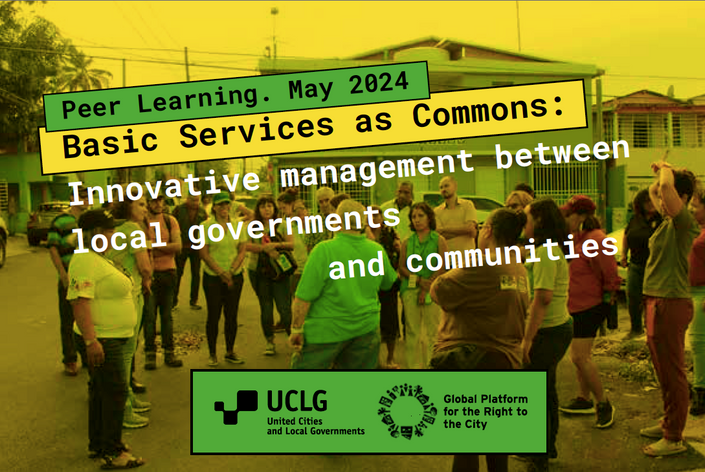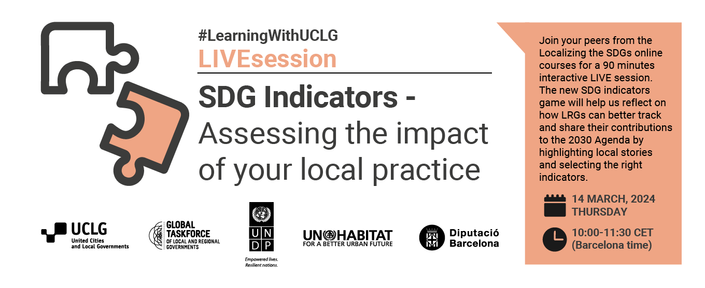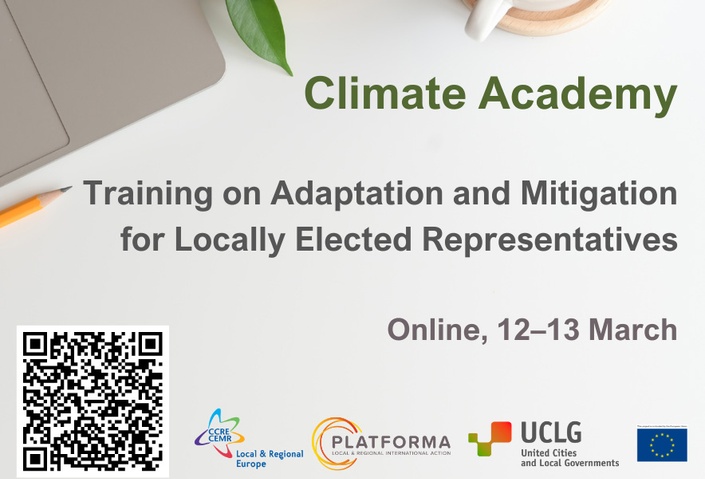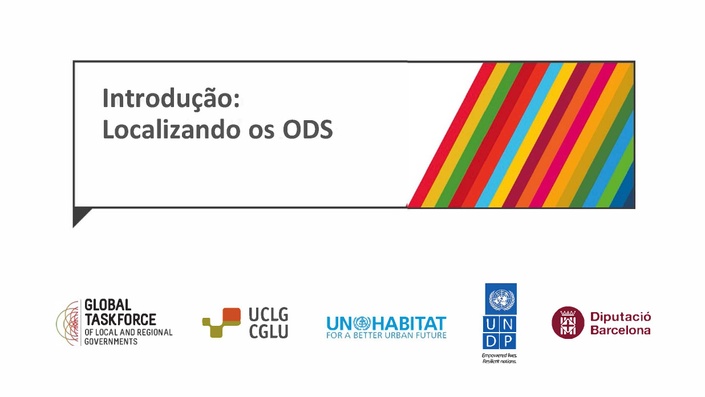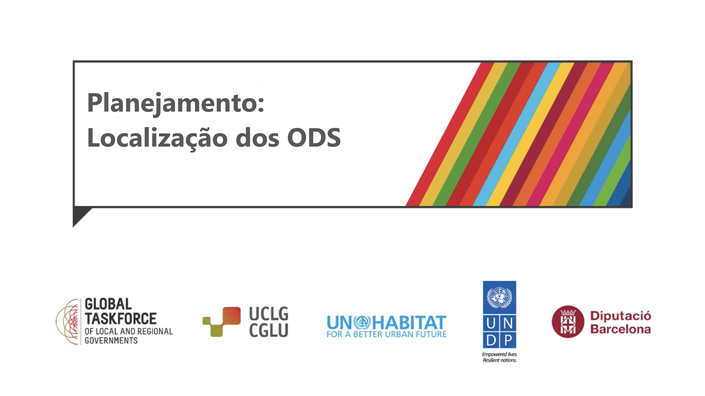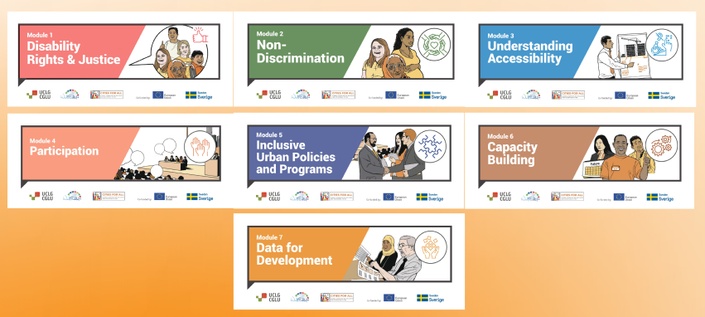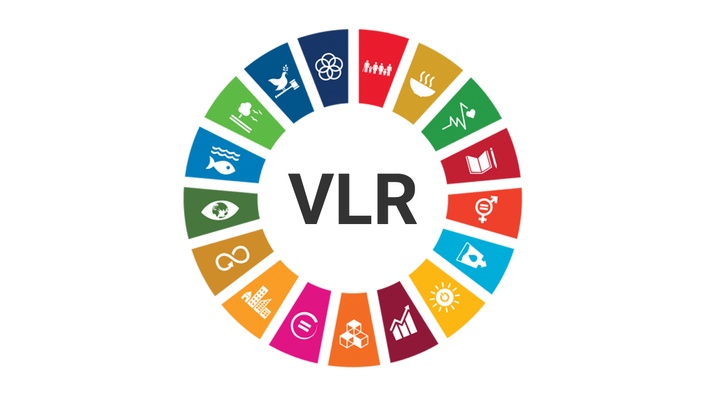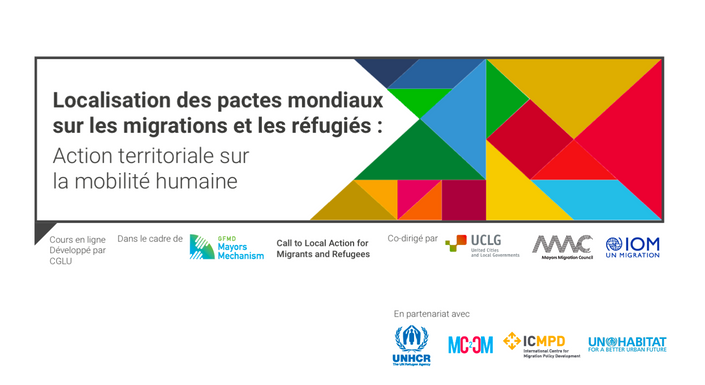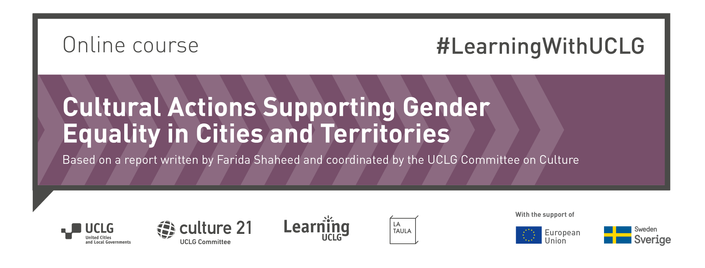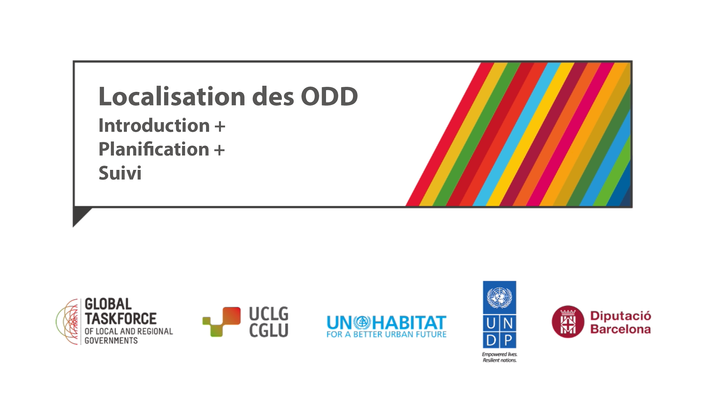Welcome! Bienvenido/a! Bienvenue !
Explore our Courses, Workshops, and Webinars
Upcoming Webinars, Trainings & Workshops
Seminarios en linea y formaciones | Webinaires et formations
Featured Online Courses
Cursos en linea gratuitos | Cours en ligne gratuits

About #LearningWithUCLG
Facilitated by UCLG Learning, the #LearningWithUCLG platform offers courses and tools developed by the collective intelligence of the UCLG network, supporting local and regional governments' learning and cooperation for sustainable, inclusive and resilient communities.





